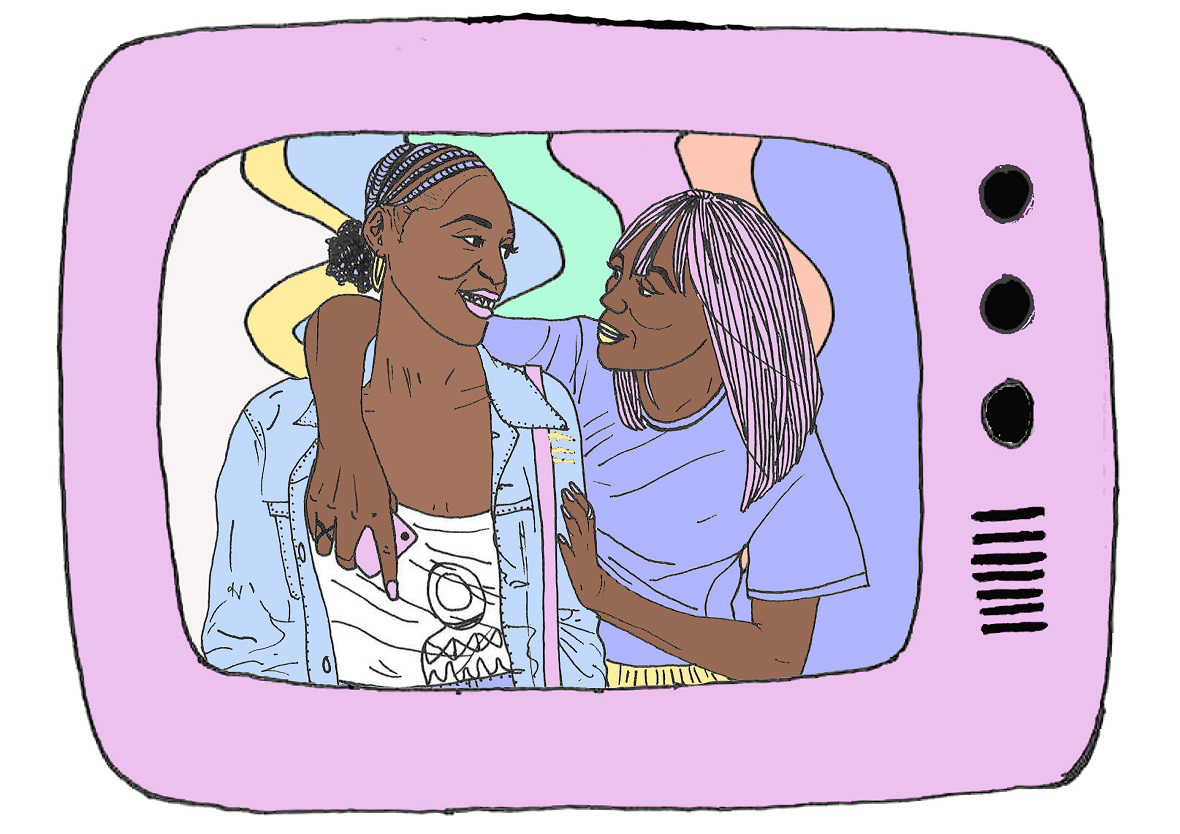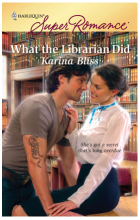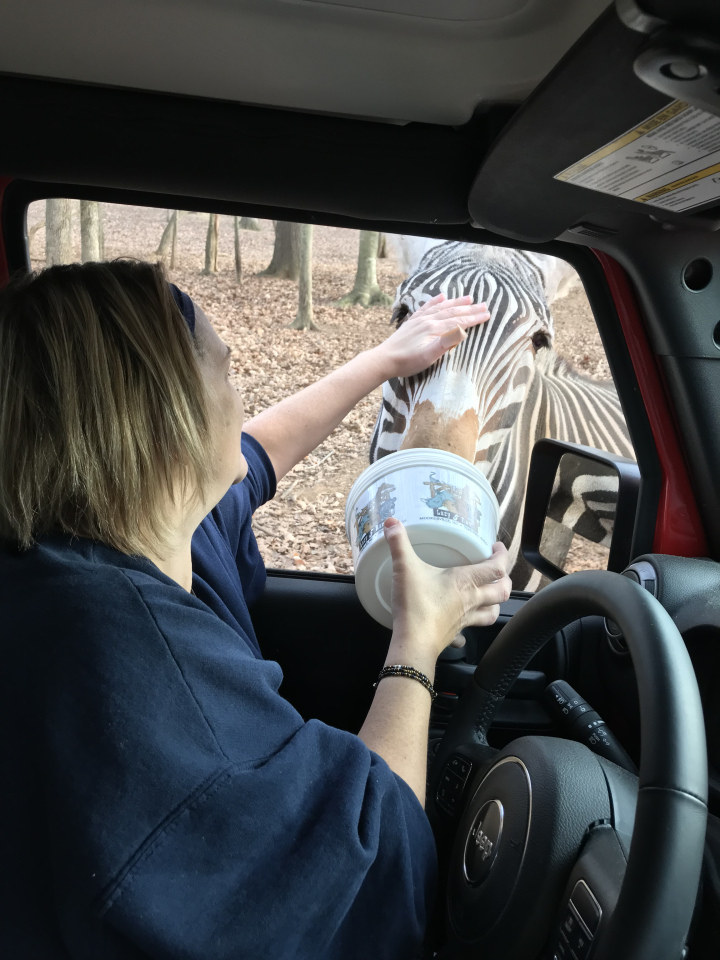Des Ibekwe explores media for and by black women.
I vividly remember my obsession with television in my formative years, and the powerful influence many a pixelated protagonist had on me. The shows I watched straddled the line between aspirational (who didn’t want to be the Vampire Slayer?), and relatability (the storyline of unrequited love in literally every teen drama). There were lessons, good and bad, to be learned from every show I watched. Those hours spent binge-watching One Tree Hill DVD Box sets weren’t wasted; Lucas and Peyton were my first experience of what heartbreak could look like, in what was, little did I know, preparation for the inevitable world of adulthood.
Few shows I watched resonated with me as much as Lena Dunham’s Girls did. For all of Dunham’s faults, Girls depicted coming-of-age friendship and sex in a raw, brutally honest way. However, the show completely failed to capture diversity in any significant manner; it lacked cast diversity with the exception of a few POC love interests here and there, and these characters could hardly be considered developed. But still, Girls embodied an aggressive honesty that had been missing from my previous experience of television. For example, the main character Hannah’s sexual encounters are uncomfortable, strange and sometimes demeaning. It is clear that in Girls, nudity is not there to satisfy, but rather to affront the male gaze.
Rewatching Girls recently, I laughed and cried, simultaneously frustrated and amused by the selfishness of the characters. What I felt most though was disappointment, not just at the show, but rather at the way in which women who look like me are portrayed consistently in television. I related to characters in Girls because of their imperfections and impropriety. It was a three-dimensional almost anthropological deconstruction of young women, which although exaggerated, offered a much-needed sense of relatability. The creative decisions of the director are evidence of the fact that the show wasn’t created with me, or people who look like me, in mind. Ultimately, Girls failed to fill the void that I needed to be filled; it failed in showing how it really feels to be a millennial black woman.
As a young black woman I couldn’t, and still can’t, relate on any real level to the two-dimensional tropes of black women that are commonplace in television: the sassy black friend who simply provides comic relief with no real depth, or the ‘magical negro’: the beacon of knowledge, a creation solely there to aid the white protagonist. Whilst the experiences of different races will in many ways be fundamentally different, and it is, of course, important for those differences to be accounted for, the question I have is: why aren’t I allowed to be a mess? To not always be strong, especially in relationships?

We have, of course, recently been gifted with Issa Rae’s Insecure. It does, in some ways, have clear parallels with Dunham’s Girls; the characters have messy lives, make bad decisions, and they are all just that little bit mean (we all remember when Issa cheated on her boyfriend and Molly dumped a man because he once slept with another man). Comparing the two shows, I could cry for what my former self had been missing out on. Watching Issa was like looking into a mirror. In one episode she is asked by a kid “why do you talk like a white girl?”. The kid’s question exemplifies the bigger issue perfectly: it appears that on television, white women are the only characters granted sole ownership of complexity. As Issa Rae has said: “so much of the media present blackness as fierce and flawless. I’m not”, and that right there is the beauty of the show.
Insecure depicts seamlessly the reality of black millennials. We’re not a monolith. Of course there is wisdom in black people, and of course black women can be loud and crass. However Insecure tells stories of genuine struggle, showing the characters’ blackness in 3D, and that is a latitude we should be allowed. So, thank you Issa Rae, for giving me something that Dawson’s Creek, One Tree Hill, Girls and even Buffy didn’t: someone who I can truly relate to. As a woman who often fails to make adult and sensible decisions, who isn’t perfect, and is not particularly wise, thank God for Issa Rae.
Illustration by Emily Godbold.





